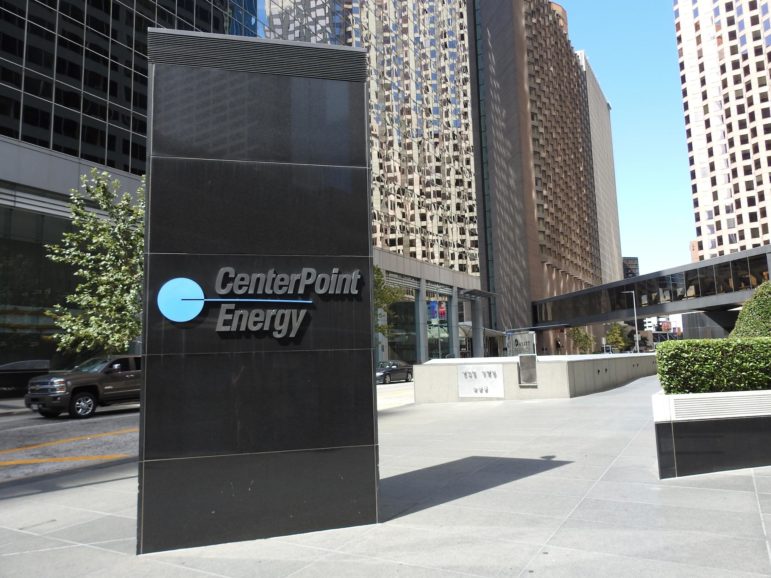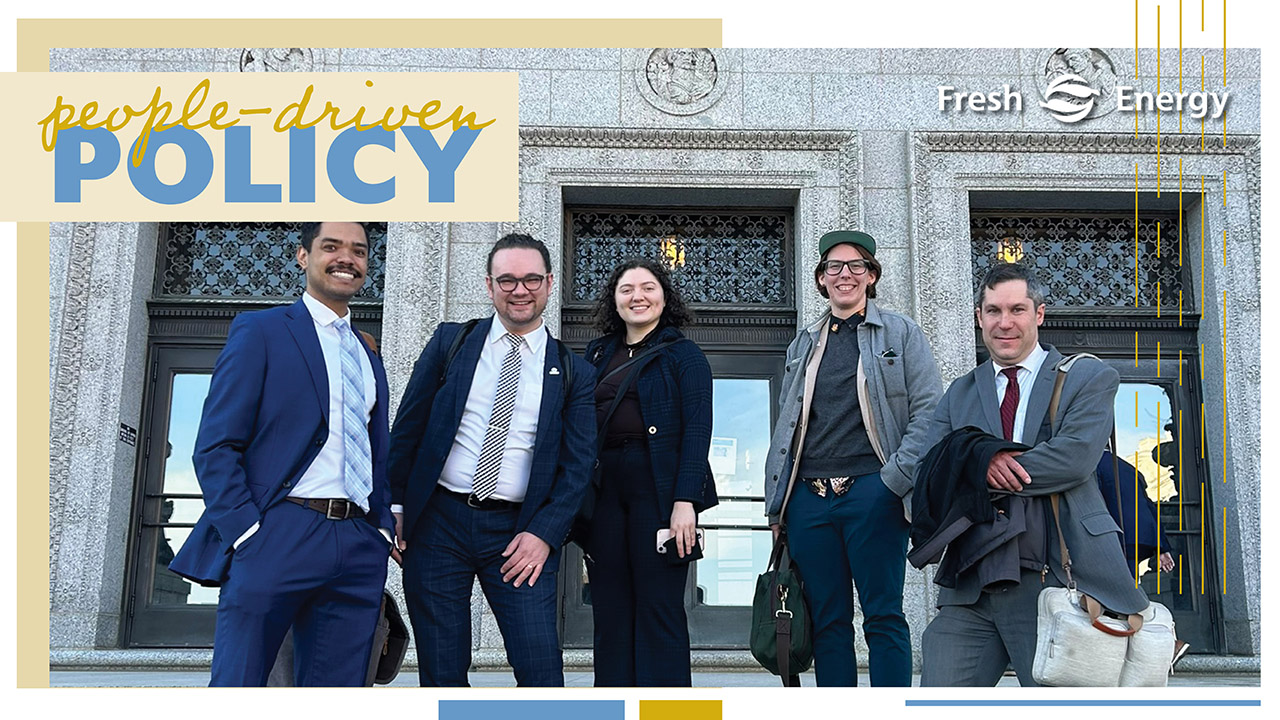
Fresh Energy and our partners have been working throughout the year to promote energy efficiency and oppose inequitable rates in CenterPoint Energy’s rate case, which the Company filed with the Public Utilities Commission late last year. With their original filing, CenterPoint was seeking to raise rates and increase its fixed monthly charges. However, the parties to the rate case have agreed to a financial settlement that would significantly reduce the rate increase and would eliminate fixed customer charge increases for residential and small business customers.
Our Original Concerns
Fresh Energy and our partners—Minnesota Center for Environmental Advocacy and Sierra Club—formally intervened in the rate case when it was filed in November of 2019. Fresh Energy’s Andrew Twite filed extensive expert testimony on the rate design changes CenterPoint had proposed along with its request for higher rates. Rate design is the pricing structure for customers’ electric bills and can have significant policy implications for energy conservation, equity, and carbon emissions.
Our primary opposition was to CenterPoint’s proposal to increase its “fixed charge” for residential and small business customers. A fixed charge is the portion of an electric bill that is constant month-to-month and does not change based on how much electricity a customer uses. Increasing fixed changes would have disproportionately harmed low-income customers and people of color. In addition, these changes would have decreased energy conservation incentives and given customers less control over their electric bills. Over the last decade, Fresh Energy has consistently and successfully opposed many utility proposals to increase their fixed charges in rate cases.
Fresh Energy also weighed in on other aspects of the rate case, including a proposed inclusive financing pilot for the City of Minneapolis and CenterPoint’s request to continue a program in which it provides incentives to homebuilders to install natural gas water heaters.
Inclusive financings could significantly increase energy efficiency investments in the City of Minneapolis (and beyond). The rate case settlement makes meaningful progress toward making inclusive financing a reality, and we look forward to working with the City of Minneapolis to develop a pilot program.
The combination of technology advancements and significant carbon reductions in Xcel Energy’s electricity generation have made electric heat pump water heaters a cost-effective, low-carbon option for consumers, and utilities should no longer be encouraging developers to install natural gas water heaters. As part of the settlement, CenterPoint agreed to cut the funding for its water heater program in half. In the future, we will continue to work to eliminate this program entirely and shift the focus to beneficial electrification.
Work Will Continue
In this and other work, Fresh Energy is committed to ensuring that electricity rate designs increase efficiency, allow people to reduce their electricity bills through conservation efforts, are equitable, and support the transition to a carbon-free electric system.

